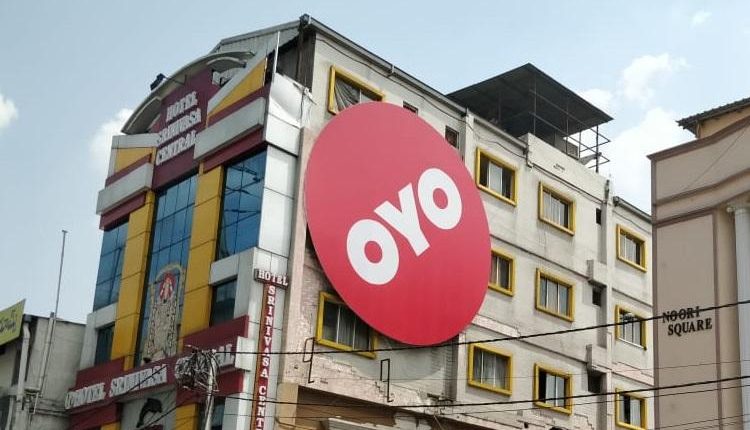Ritesh Agarwal’s Oyo, which has been struggling ever since the pandemic hit last year, is finally getting back on the front foot. After achieving a valuation of $9.6Bn in a funding round immediately after its worst year ever, the startup has now filed for an IPO, looking to raise $1.16Bn.
The company said that it would raise about $942 million through sale of new shares, while the rest is set aside for sales of existing shares. Softbank, which is one of the earliest and biggest backers of Oyo, is looking to sell shares worth over $175 million. The founder Ritesh Agarwal, on the other hand, does not plan to sell any.
Oyo operates as the Uber of the hotel industry, allowing hoteliers to use its platform to accept digital payments, find out the best price for a room and open up their services to new clientele. On the consumer end, it allows users to browse through a wide array of hotel choices and choose one that fits their liking and budget. Sounds simple, right?
Well, not exactly. For a long time, Oyo and its partnering hotels were on unfavorable terms, leading to industry wide critic. Hoteliers suggest that they were being cheated out of their earnings due to Oyo’s hidden charges. Moreover, the ‘Minimum Guarantee Fee’ has also been a topic of debate.
However, over the past few months, this relationship has improved. The pandemic stricken Oyo, which saw its business go down by 60% in 2020, is making a slow comeback. With key markets like India, Indonesia, Malaysia, and Europe opening up, the startup is looking to make up for lost time, and get back on track.
The latest funding round, which valued Oyo at a staggering $9.6Bn, surprised many, including myself, with its valuation. However, with this, the company is now justified for seeking a reported $12Bn valuation at its IPO.
It plans to use over $330 million of the IPO money to repay its debt. Oyo recently raised $660 million in debt.
“In India, Indonesia and Malaysia, OYO-powered hotel storefronts that joined the platform in 2018 and 2019 performed better than independent hotels of similar sizes in India, Indonesia and Malaysia respectively in 2019 on average. After 12 weeks of joining the OYO platform, OYO-powered hotel storefronts generated 1.5 to 1.9 times more revenue on average compared with the average revenue estimated at independent hotels of a similar size in India, Indonesia and Malaysia in 2019. In Europe, OYO-powered home storefronts earned an average of 2.4 times more revenue in 2019 compared with the average revenue estimated at an independently managed home in Europe in 2019,” it said in the filing.
